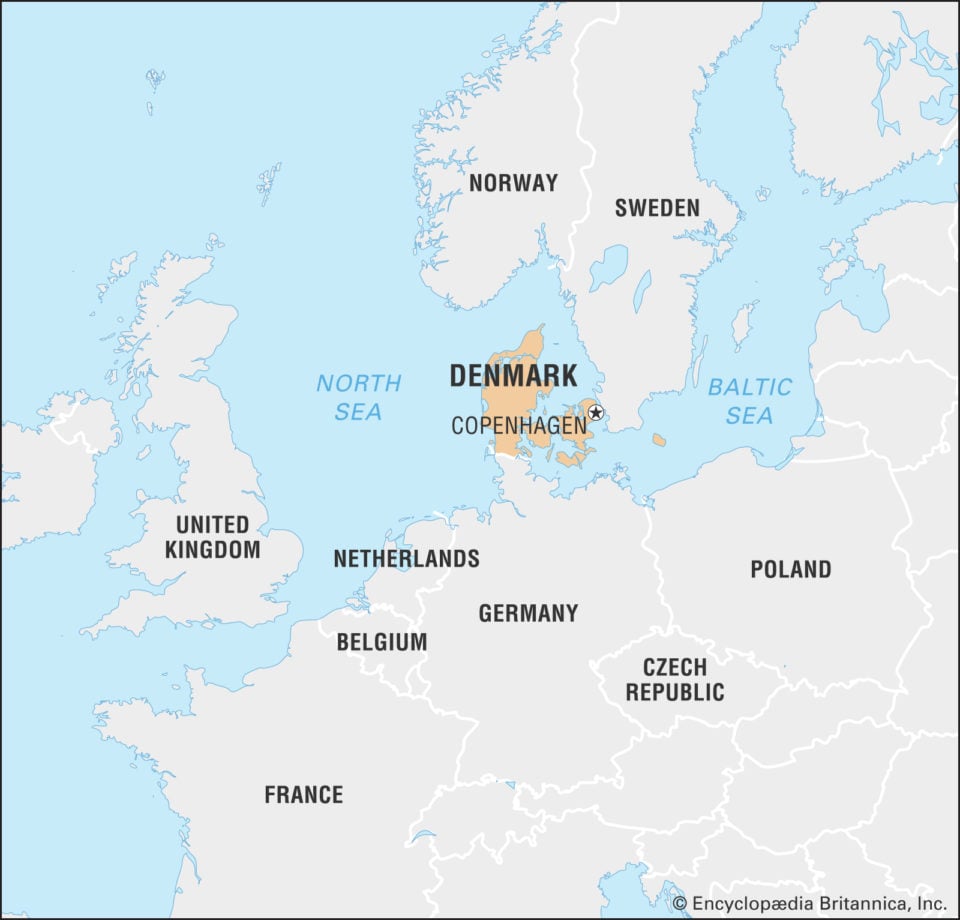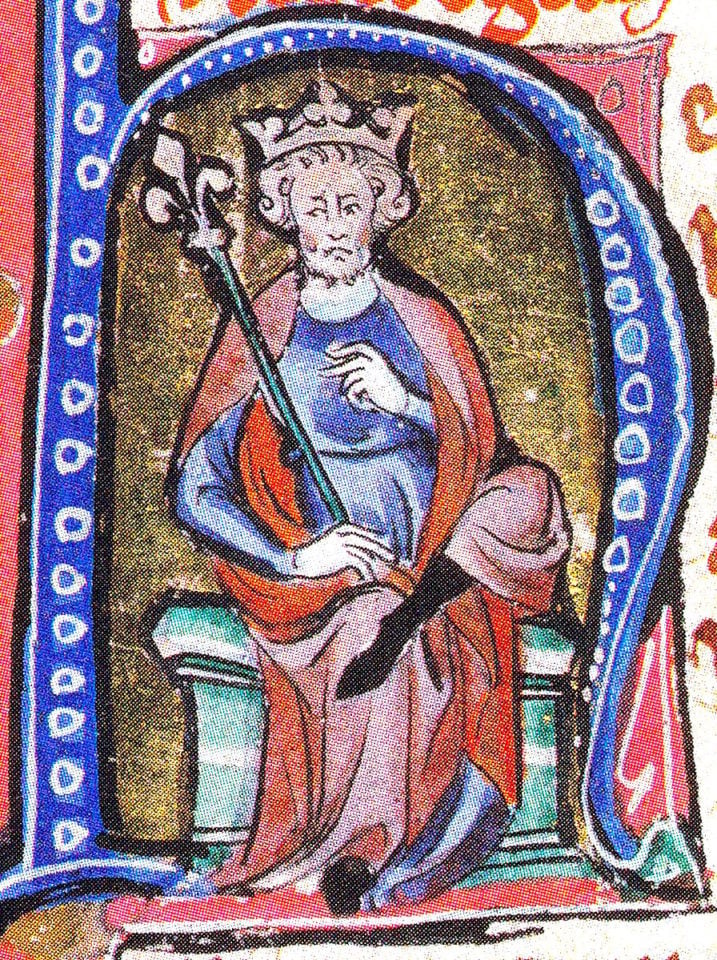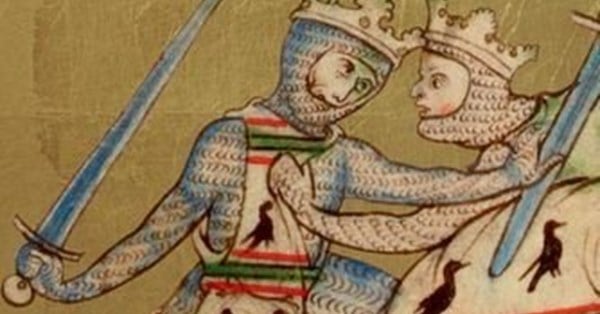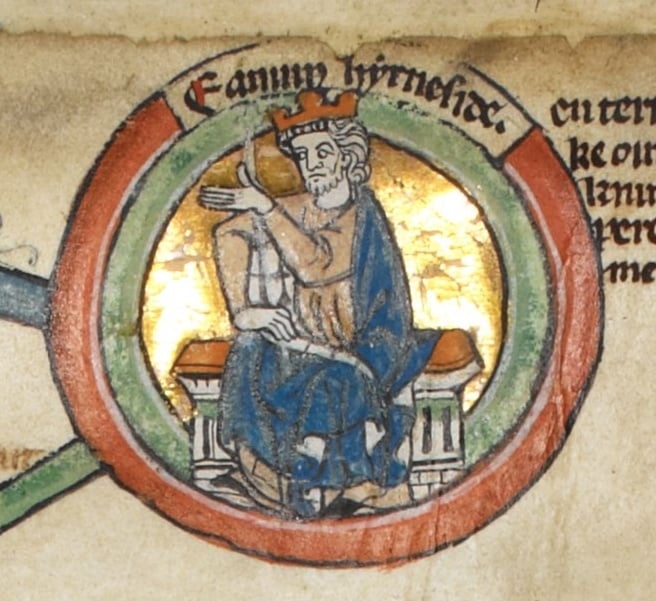Podcast: Play in new window | Download
More material is coming, but here is a bonus episode to keep you company while you’re practicing social distancing.

A Chronological History of Britain

Podcast: Play in new window | Download
More material is coming, but here is a bonus episode to keep you company while you’re practicing social distancing.

Podcast: Play in new window | Download
In the year of 1021, the Anglo Saxon Chronicle tells us two things.
A Bishop died.
And Thorkell the Tall was expelled from the country. And that’s all it tells us.

Podcast: Play in new window | Download
If you have heard of King Cnut, what you probably heard was the story of Cnut and the Tides. The most common version of it goes like this.
“Canute, the greatest and most powerful monarch of his time, sovereign of Denmark and Norway, as well as of England, could not fail of meeting with adulation from his courtiers; a tribute which is literally paid even to the meanest and weakest princes. Some of his flatterers breaking out, one day, in admiration of his grandeur, exclaimed that every thing was possible for him: Upon which the monarch, it is said, ordered his chair to be set on the sea-shore, while the tide was rising, and as the waters approached, he commanded them to retire, and to obey the voice who was lord of the ocean. He feigned to sit some time in expectation of their submission; but when the sea still advanced towards him, and began to wash him with its billows, he turned to his courtiers, and remarked to them, that every creature in the universe was feeble and impotent, and that power resided with one Being alone, in whose hands were all the elements of nature; who could say to ocean, ‘Thus far shalt thou go, and no farther’; and who could level with his nod the most towering piles of human pride and ambition.”

Podcast: Play in new window | Download
Cnut made a lot of smart moves in a very short amount of time. He outlawed much of the corruption that had plagued the courts of AEthelred. He scrubbed his new kingdom of the loyalists to Edmund Ironsides. He granted key lands to key followers. Executed the main claimant to the throne, Eadwig. He executed Eadric Streona.

Podcast: Play in new window | Download
When we left off, Cnut had managed to get Eadric to go on the record calling for the execution of the English claimants to the throne… and then Cnut rejected the suggestion, and instead outlawed Eadwig, and exiled the sons of Edmund to Sweden.
What the public likely didn’t know was the fact that Cnut had quietly hired an assassin to finish the job with Eadwig, and he had given orders to King Olaf of Sweden to execute Edmund’s sons, once they reached his shores.

Podcast: Play in new window | Download
It’s been a strange few years.
The fall of the House of Wessex and the rise of Cnut looks like a simple story of conquest. After all, it’s right there in the title. Virtually every book on this era has a chapter called “The Conquest of England.” And for good reason… Cnut /was/ a conqueror. And conquest, at least in the popular imagination, is a simple story of military domination. Of soldiers and sieges, where the biggest army and the best tactics win the day.

Podcast: Play in new window | Download
Edmund hadn’t lost, and for now that was enough.
He had shown himself to be a contender. So Ironside took his remaining men and marched East… but the accounts are careful to point out that he stayed north of the Thames…. And this decision has lead scholars to believe that Mercia may have already been on Edmund’s side, or was quickly coming around to it.

Podcast: Play in new window | Download
Can you feel it? It feels like there is a lull before the storm. AEthelred Unread is now gone, and Normandy is now officially on the board. 1066 is on the doorstep.
But the lull is an illusion you experience because you know what is coming next. For the people living it, things are heating up on the island at the dawn of the millennium. And what you’re about to hear is part one of a two part series on one of England’s best stories that you’ve likely never heard. It’s the story of the Rise and Fall of Edmund Ironsides. This is a story of a forgotten civil war, a legendary warrior, and the fall of the line of Alfred the Great.
And the story starts in the North.

Podcast: Play in new window | Download
Christmas is old. Older than Christianity, in fact.
As a consequence, there’s a lot to it. Symbols and traditions that come from all over the world, and from all across time. It’s a complex event that, predictably, can provoke a complex set of emotions from people.
But when you look past the trees, and the logs, and the stockings, and the manger, and the guy in red, and the scary monsters punishing kids, and all the other things that have been added to it… when you boil it down to it’s essence what you find is that ancient root of the holiday. A very simple and clear root.
It’s a winter feast. And like any good feast, we don’t just eat and drink. We celebrate our lives and we celebrate each other.

Podcast: Play in new window | Download
Morcar and Sigeferth were under a lot of stress.
These two noble brothers from the North had only just managed to join the Wulf dynasty through Sigeferht’s marriage to Ealdgyth, the niece of the powerful Ealdorman AElfhelm of York and Wulfric Spot. And that really should have been a smart move, given how powerful that family was.